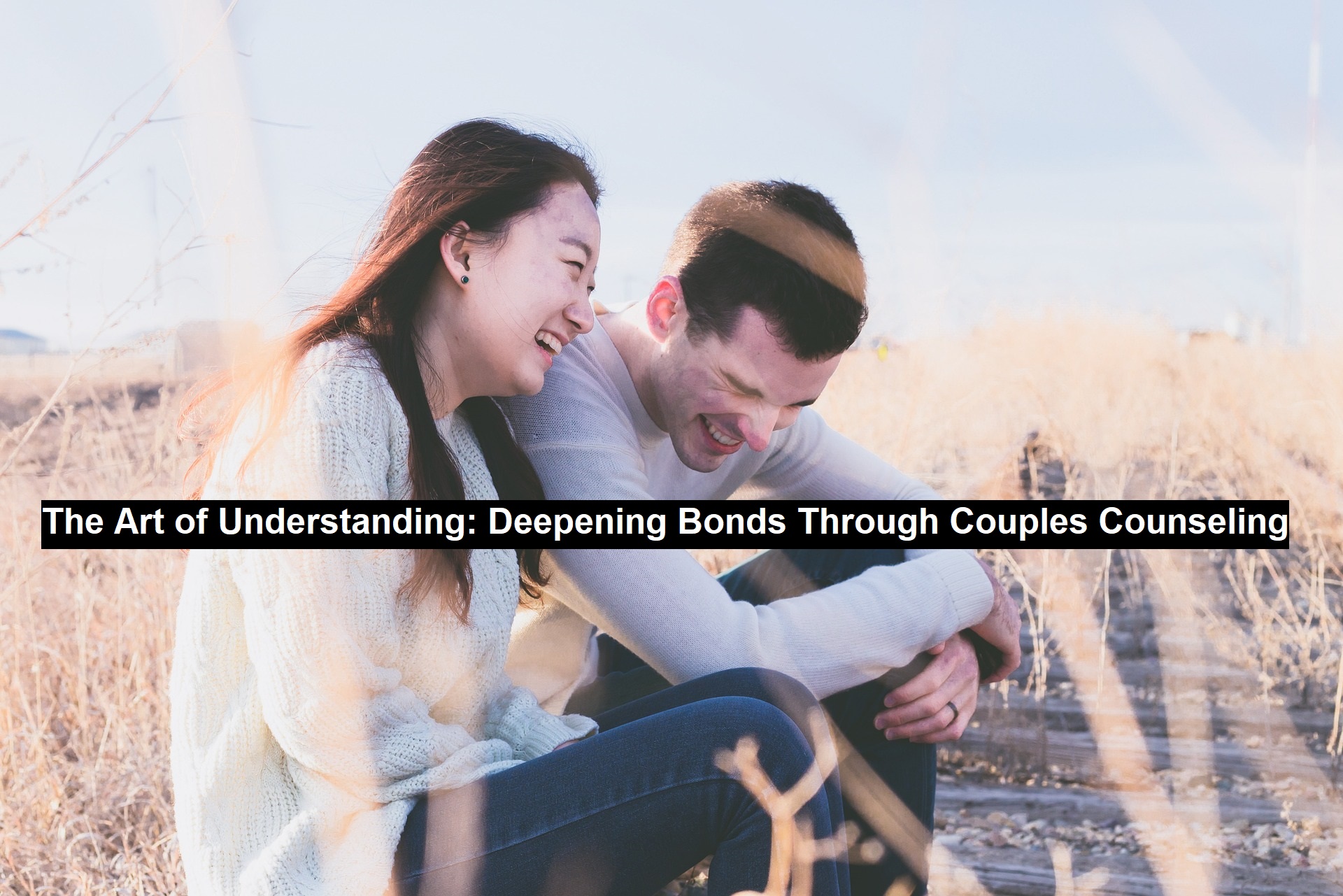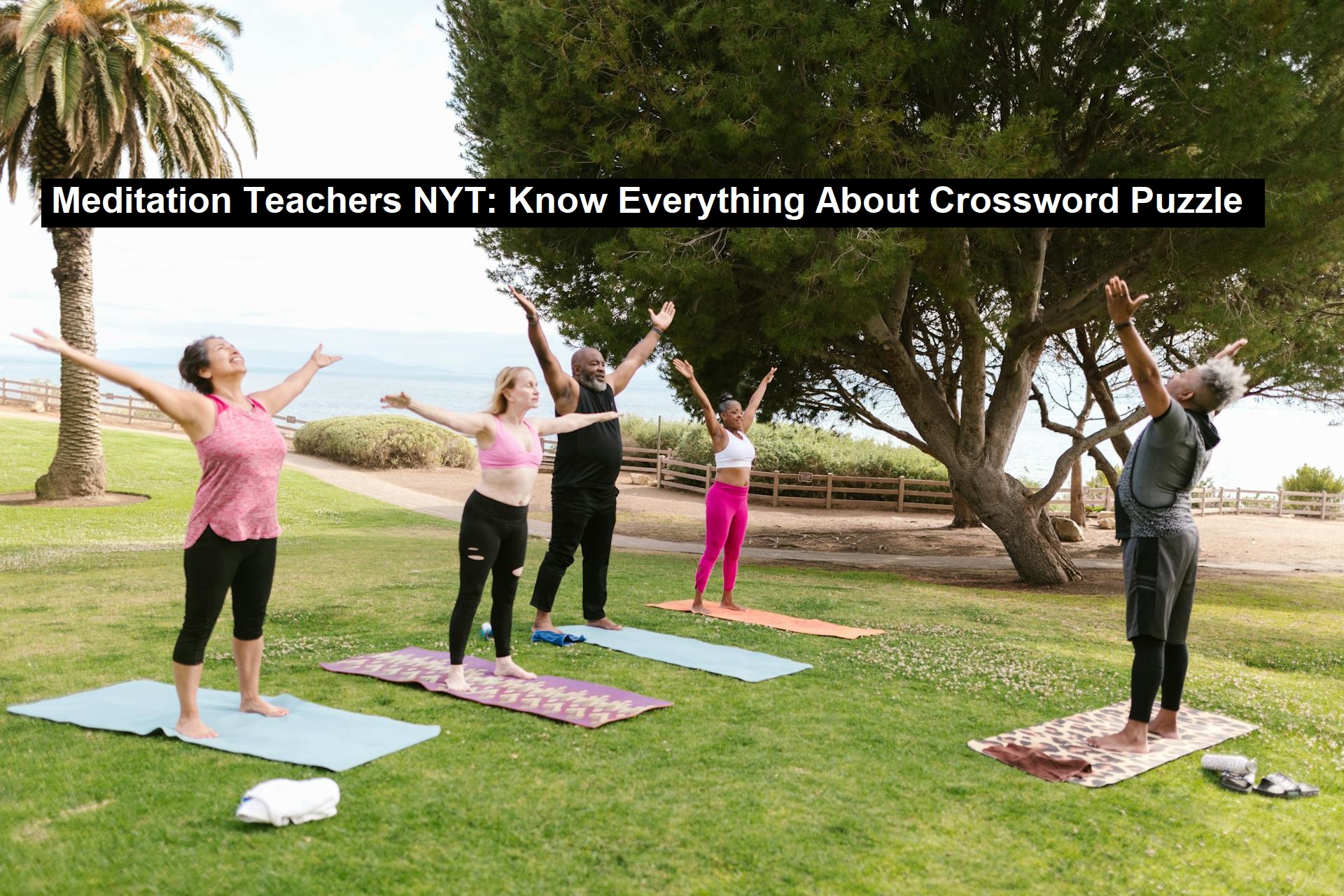Relationships are a dance of two unique individuals, each bringing their dreams, fears, habits, and quirks into the shared rhythm of partnership. But even the most harmonious dances encounter missteps, miscommunications, and moments of discord. This is where couples counseling comes into play, offering a transformative journey to deepen understanding and strengthen bonds.
Why Couples Counseling?
Modern relationships face challenges that past generations might not have encountered—hectic work schedules, constant connectivity, and the pressures of balancing personal and shared goals. Amidst these complexities, couples counseling serves as a safe haven, where partners can explore their dynamics, resolve conflicts, and reconnect on a deeper level.
Read: Meal Prepping to Gain Mass – Tips to Follow
Breaking the Stigma
Despite its growing popularity, the term couples counseling often evokes hesitation. Some see it as a last resort for relationships on the brink of collapse. However, this perception is changing. Increasingly, couples are embracing counseling as a proactive way to nurture their relationship, much like regular maintenance for a car or check-ups for physical health.
Couples counseling is not just about fixing what’s broken—it’s about cultivating a resilient foundation and enhancing intimacy.
The Core of Couples Counseling
At its heart, couples counseling is about fostering communication, empathy, and mutual respect. Let’s explore how these pillars contribute to a stronger partnership.
1. Improved Communication
One of the primary reasons couples seek counseling is a breakdown in communication. Arguments, misunderstandings, or avoidance of difficult conversations can lead to frustration and distance.
A skilled counselor helps couples:
- Recognize unproductive communication patterns.
- Learn techniques such as active listening and “I” statements.
- Express needs and concerns without blame or criticism.
Through these tools, couples can transform their conversations from confrontational to collaborative.
2. Building Empathy
Empathy is the cornerstone of understanding. It involves seeing the world through your partner’s eyes, acknowledging their feelings, and validating their experiences.
Counselors guide partners in practicing empathy by:
- Encouraging open sharing of thoughts and emotions.
- Teaching mindfulness techniques to remain present during discussions.
- Offering exercises that foster perspective-taking.
When empathy becomes a habit, it deepens emotional connection and minimizes misunderstandings.
3. Conflict Resolution
Conflict is natural in any relationship, but how couples handle disagreements makes all the difference. Counseling gives couples the tools they need to resolve disputes amicably.
Key techniques include:
- Identifying root causes rather than arguing over symptoms.
- Setting boundaries to ensure discussions remain respectful.
- Learning to compromise while honoring individual values.
With these tools, couples can approach conflicts as opportunities for growth rather than sources of division.
Who Can Benefit From Couples Counseling?
Couples counseling is for everyone—whether you’re dating, engaged, newly married, or celebrating decades together. Here are some scenarios where counseling can be particularly beneficial:
- Premarital Counseling: Preparing for marriage by discussing expectations, finances, and future goals.
- Parenting Challenges: Aligning on parenting styles and sharing responsibilities.
- Life Transitions: Navigating changes like a new job, relocation, or retirement.
- Rekindling Intimacy: Rebuilding physical and emotional closeness.
- Repairing Trust: Addressing infidelity or breaches of trust.
No problem is too minor or too major for therapy. Early assistance seeking helps stop small problems from becoming bigger ones.
The Role of the Counselor
A couples counselor acts as a neutral facilitator, guiding discussions and creating a safe space for both partners. Unlike taking sides, the counselor helps uncover underlying issues and encourages partners to work collaboratively toward solutions.
Counselors may use various therapeutic approaches, including:
- Emotionally Focused Therapy (EFT): Focuses on improving attachment and emotional responsiveness.
- Cognitive-Behavioral Therapy (CBT): Addresses thought patterns that influence behaviors and feelings.
The chosen method depends on the couple’s unique needs and goals.
The Process of Couples Counseling
Embarking on the counseling journey can feel daunting, but knowing what to expect can ease apprehensions.
1. Initial Assessment
The first session typically involves an assessment of the relationship’s history, current challenges, and desired outcomes. This sets the stage for customized therapy.
2. Goal Setting
Couples work with the counselor to define their goals, such as improving communication, resolving specific conflicts, or rekindling intimacy.
3. Therapeutic Sessions
Regular sessions focus on unpacking issues, learning new skills, and applying them in real life. Counselors often assign exercises or homework to reinforce progress between sessions.
4. Evaluation and Growth
As therapy progresses, couples reflect on their growth and reassess goals. Many continue sessions periodically to maintain their newfound understanding and connection.
Success Stories in Couples Counseling
Every relationship is unique, and so are the success stories born from counseling. Couples often report profound transformations, such as:
- Rediscovering shared dreams and values.
- Feeling heard and understood after years of miscommunication.
- Overcoming infidelity to rebuild trust and commitment.
- Cultivating a stronger partnership through mutual growth.
These stories highlight that no matter how strained a relationship may feel, there’s hope for renewal and deeper connection.
Why Choose Couples Counseling?
Investing in your relationship is one of the most rewarding decisions you can make. Counseling doesn’t just heal—it strengthens, nurtures, and prepares your bond for the inevitable challenges of life.
Benefits of Couples Counseling:
- Stronger Emotional Bond: Understanding each other’s emotions fosters intimacy.
- Improved Conflict Management: Learning to address issues without damaging the relationship.
- Renewed Commitment: Rekindling the love and dedication that brought you together.
- Personal Growth: Developing self-awareness that benefits both the individual and the partnership.
Taking the First Step
The decision to pursue couples counseling is a courageous one. It’s an acknowledgment that relationships require effort and that seeking help is a sign of strength, not weakness.
To get started:
- Research licensed couples counselors in your area.
- Choose a counselor with experience in your specific concerns.
- Approach counseling with an open mind and willingness to grow.
Final Thoughts
The art of understanding is a lifelong journey, and couples counseling is a powerful tool to refine this skill. It reminds us that love isn’t just about feelings; it’s about actions, commitment, and the willingness to continuously learn and grow together.
In the end, counseling is more than resolving conflicts—it’s about deepening bonds and creating a partnership that thrives on trust, empathy, and shared purpose. So, take that step toward understanding, and watch your relationship flourish.
Author‘s Bio:
Steve Johnson is a qualified content writer with experience in writing on a variety of subjects. He has written a lot of content on couples counseling and stress-management, Therapy as well.



